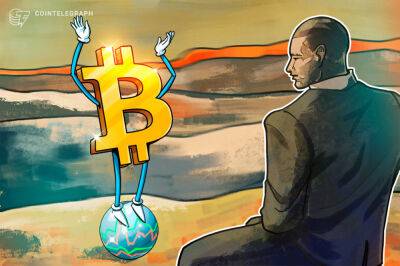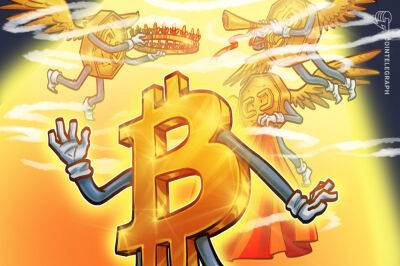Bitcoin ban: These are the countries where crypto is restricted or illegal
Bitcoin has been controversial since its beginning in 2009, as have the subsequent cryptocurrencies that followed in its wake.
While widely criticised for its volatility, its use in nefarious transactions and for the exorbitant use of electricity to mine it, crypto is being seen by some, particularly in the developing world, as a safe harbour during economic storms.
El Salvador became the first country to make it legal currency in September 2021, followed now by the Central African Republic in April this year.
But as more people turn to cryptos as either an investment or a lifeline, criticisms of crypto have continued to manifest in an array of restrictions on their usage.
The legal status of Bitcoin and other altcoins (alternative coins to Bitcoin) varies substantially from country to country, while in some, the relationship remains to be properly defined or is constantly changing.
Whereas the majority of countries don’t make using Bitcoin itself illegal, its status as a means of payment or as a commodity varies with differing regulatory implications.
Some countries have placed limitations on the way Bitcoin can be used, with banks banning its customers from making cryptocurrency transactions. Other countries have banned the use of Bitcoin and cryptocurrencies outright with heavy penalties in place for anyone making crypto transactions.
These are the countries that have a particularly fraught relationship with Bitcoin and other altcoins.
Algeria currently prohibits the use of cryptocurrency following the passing of a financial law in 2018 that made it illegal to buy, sell, use or hold virtual currencies.
Bangladesh has an ambiguous relationship with cryptocurrencies. Officially, prohibitions are in place with transactions in
Read more on euronews.com


 euronews.com
euronews.com



















